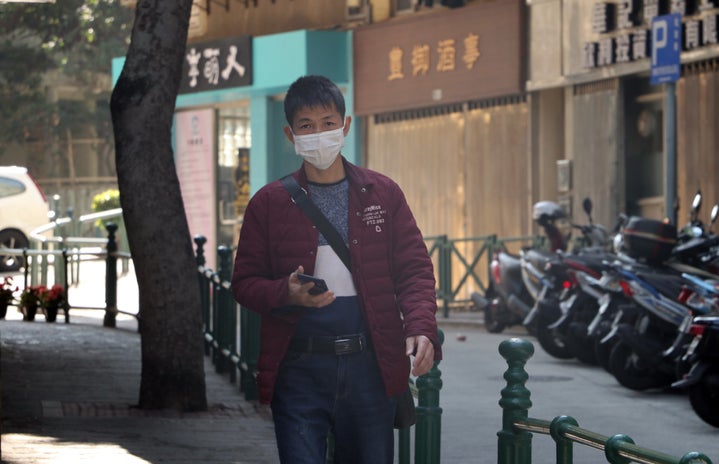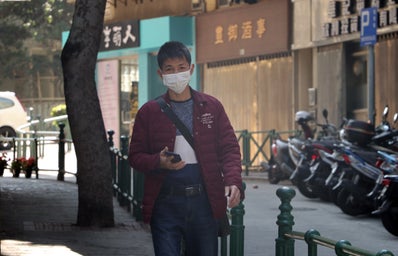When you study in the heart of Toronto, you start to pick up on some key observations. There’s nothing especially thrilling about watching the flock of students, business men, and commuters congregate at Dundas Square for the hundredth time. But when half of their faces are obscured by cheap white medical masks in response to the growing concern of a global outbreak, suddenly you realize the gravity of the situation. What once felt like the fiction of morning news becomes reality in your neighbourhood block.
It’s jarring to see the vast amount of attention the media focuses on the COVID-19 outbreak. I haven’t seen this explosion of panic and fear for personal hygiene since the Ebola panic of 2014. Death counts of a few are put on blast. Recent diagnoses in distant countries seem to wave a red flag of alarm saying, “Do not come, we are sick.” Day by day, the news constantly reminds us that there is little hope and that everyone around you could be at death’s door. I have yet to hear of any news segment that talks of ways of prevention and a callout on misinformation.
The function of the medical face mask is the biggest commotion of misinformation. You see them everyday now. They are so common that it’s become a sort of morbid fashion statement. The face mask has several functions: to prevent the spread of germs emitted from the user’s nose and mouth if they are ill, or to protect them from harmful gases or vapours. However, the virus can only be spread through the transmission of respiratory droplets when an infected person coughs or sneezes, according to the Centers of Disease Control and Prevention. Unless you yourself are infected by COVID-19 and are protecting others by wearing the mask, the protective garment does nothing to prevent you from getting sick.
For general, day to day activities, there is no need to wear a surgical mask, according to Toronto Public Health. Unless you yourself are infected by COVID-19 and are protecting others by wearing the mask, the protective garment does not prevent you from getting sick. There are more effective ways to reduce the risk of getting sick, including washing your hands frequently, covering your mouth and nose when you cough or sneeze, or getting a vaccination.
While the misconception surrounding the mask serves to be one of the failures of faulty news coverage, the most devastating and angering result is the racism directed on Wuhan city civilians, the Chinese, and ultimately the entire Asian population. When people are constantly reminded of where the root of the COVID-19 paranoia started, they start to point fingers and decide who’s to blame.
While it is important to inform the public of the what’s and where’s of the outbreak, it’s absolutely essential to inform us the how’s. How should we respond when there’s a viral outbreak? How should we protect ourselves? How is this virus spread? How can I help? The solutions journalism approach to the coronavirus outbreak is rare to none. It makes it almost seem that the real money is in spreading panic – not provisions.
Dr. Eileen de Villa, the medical officer of health of Toronto Public Health, says it’s important for us to be properly informed in times like this. “As I have stated many times, I cannot overemphasize the importance of using evidence-based sources to get informed about this evolving situation,” she says.
So please, reporters and journalists alike – consider lines of caution in your write ups. As tempting as paranoia induced facts are, you are a service to the public, and that means providing help, not horror.



